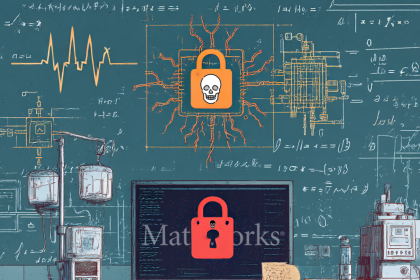In April 2025, Esse Health, a major physician group serving the Greater St. Louis area, suffered a cybersecurity breach that disrupted critical systems and compromised the data of hundreds of thousands of patients. As first reported by Security Affairs, the attack occurred on April 21 and affected both internal communications and sensitive administrative files, prompting an immediate investigation by forensic experts and notification to law enforcement.

Source: essehealth.com.
Founded in 1996, Esse Health operates across 45–50 locations with more than 100 physicians, offering both primary and specialty care. While the organization confirmed that electronic medical records themselves were not accessed or copied, the cybercriminal did gain entry to the network and exfiltrated data including names, Social Security numbers, insurance information, and medical details.
A report filed with the Maine Attorney General’s Office revealed that the breach impacted 263,601 individuals. Esse Health has since begun notifying affected patients by mail and is offering free identity protection services. The provider emphasized that no misuse of the stolen data has been detected so far, but encouraged patients to remain vigilant and monitor their credit reports for any suspicious activity.
Strengthening defenses amid rising cyber risks
In response to the breach, Esse Health has implemented enhanced security protocols in an effort to prevent future incidents. The organization’s swift response—along with transparency in disclosure and support for impacted patients—reflects the growing pressure on healthcare providers to manage escalating cyber threats while safeguarding sensitive information.
A stark reminder of healthcare’s cyber vulnerability
The Esse Health breach underscores the persistent vulnerability of healthcare systems to cyberattacks, particularly those involving personal and medical data. As cybercriminals continue to target the sector, robust security infrastructure, rapid response strategies, and clear patient communication will be crucial to maintaining public trust and ensuring the safety of digital healthcare ecosystems.







